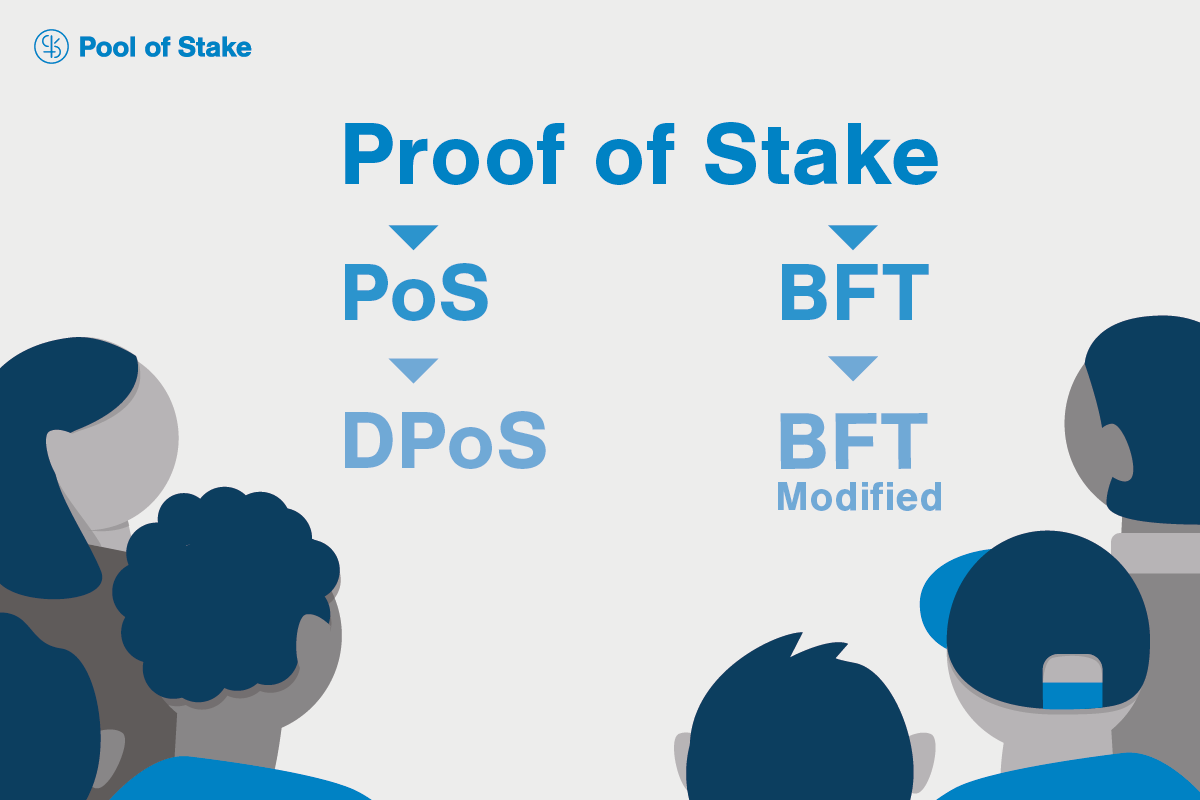
About Pool of Stake
Pool of Stake is the first of a decentralized group for stakes testing, the future of the block chain. Qtum, BOScoin, Tezos and other PoS currency holders can join Stake Pool and start Mining 2.0 to filter the PoS currencies to generate a daily monetary compensation.
The main objective of PSK is to increase profits for those who own small PoS currencies that are included in a price group. For this purpose, the PSK ERC-20 key uses the utility token and the IOU token, ensuring that PSK members fully adhere to their static motto. The PSK platform will provide an analytical tool through an intelligent database that will allow PSK members to track, monitor and optimize their investments in a completely reliable way.
The creators of the project will develop a management concept that will be developed in the coming months so that the PSK community remains honest and flexible. The creators of the project will send detailed information about the next ICO, from May 2, 2018.
Pool of Stake (PSK) is a patented self-regulatory platform for verification of the stake block chain. PSK aims to increase profits for small investors who have joined the platform. With the help of the Pool of Stake, miners can create monotonous compensation on a daily basis by simply placing the PoS coin in the stake.
This platform provides analysis tools to track, manage and optimize your investments. PSK uses PSK tokens compatible with ERC-20 and IOK tokens to allow PSK users full control of stacked coins.
At first, computers and applications were all they needed to poke their noses. The market developed hardware, which makes it much more difficult for the community to make mines. In turn, it stimulated the community to start making mine reserves. The group of mines allows members to find the edge and re-mine.

Proof of Work and proof of Participation
Work Test: a method that requires the miner to calculate a mathematical function (called a hash) to validate the transaction in the block chain.
Participation test: a method by which a miner can identify a block transaction based on how many coins he chooses to risk for the network (such as deposits). The founder of Ethereum has a publication that explains the design philosophy of PoS.
Both methods provide a common purpose for block chains. Make sure the person sending the bit currency (or digital call) has the correct amount of funds in their account. When the transaction ends, no more coins will be placed in your account (to avoid double spending). But both use an essentially different approach to that goal. PoW vs PoS Deposit it in your bank.
By definition, proof of work means solving the hash function and proving that the results are correct. It is difficult to solve the function, but other miners can easily verify the results obtained by the miners. Like putting it back into a function to see if the function works like an algebraic problem. If so, congratulations! There is a cash prize So, take out your shovel and show it to everyone who has done physical work and extracted gold. However, the meat test is a mechanism that does not require math. Instead, it blocks a certain amount of capital within the network, that is, the cryptocurrency generated by this chain of blocks. It is your evidence that something is at stake.
The network uses a random selection algorithm to determine who the next block creator is, how many coins are inserted, how old the coins are or how long they are blocked. Several block chains based on PoS are based on several criteria, but not much hardware work is required. It is somewhat similar to sedimentation and worry.
In a chain of blocks based on PoW, the miner will work hard to compensate. Remember Bitcoin and Ethereum. The new block compensates Bitcoins 12.5 and Ether 5. But there is another thing called transaction fee. If you send me Bitcoin, you should verify and document the transactions in the block chain with the mathematical hash function performed by the mining industry.
However, they are not marketed for free, so you must attach a transaction fee. The next lucky guy to make the next block is 12.5 + Bitcoins, so he will receive all transaction fees and block rewards.
In the PoS method, there is no block compensation in the block chain. Only transaction fees. Therefore, a participant in the PoS block chain should be called a validator, not a mining one. Without mining activities such as PoW, it only promotes the process of validating transactions.
ICO
Symbol: PSK
Token Type: ERC20
SoftCap: 2,000,000 EUR
HardCap: 8,000,000 EUR
Meet your KYC client: Yes
Countries not permitted: US, China, Canada, Israel, South Korea, Vietnam
Currency received: ETH
TEAM:

For more information about the investment projects please visit :
-Website : https://www.poolofstake.io/
-Whitepaper : https://www.poolofstake.io/wp-content/uploads/2017/12/PoolofStake-whitepaper_ENG_V11.pdf
-Telegram: https://telegram.me/poolofstake
-Facebook: https://www.facebook.com/poolofstake
-Twitter: https://twitter.com/poolofstake
-Whitepaper : https://www.poolofstake.io/wp-content/uploads/2017/12/PoolofStake-whitepaper_ENG_V11.pdf
-Telegram: https://telegram.me/poolofstake
-Facebook: https://www.facebook.com/poolofstake
-Twitter: https://twitter.com/poolofstake
Author: Al Muhaimin
my bitcointalk: https://bitcointalk.org/index.php?action=profile;u=1977549
My ETH: 0xFa3aECe75c6fa68F2A7A2690e5080FE62F82ed42
Tidak ada komentar:
Posting Komentar